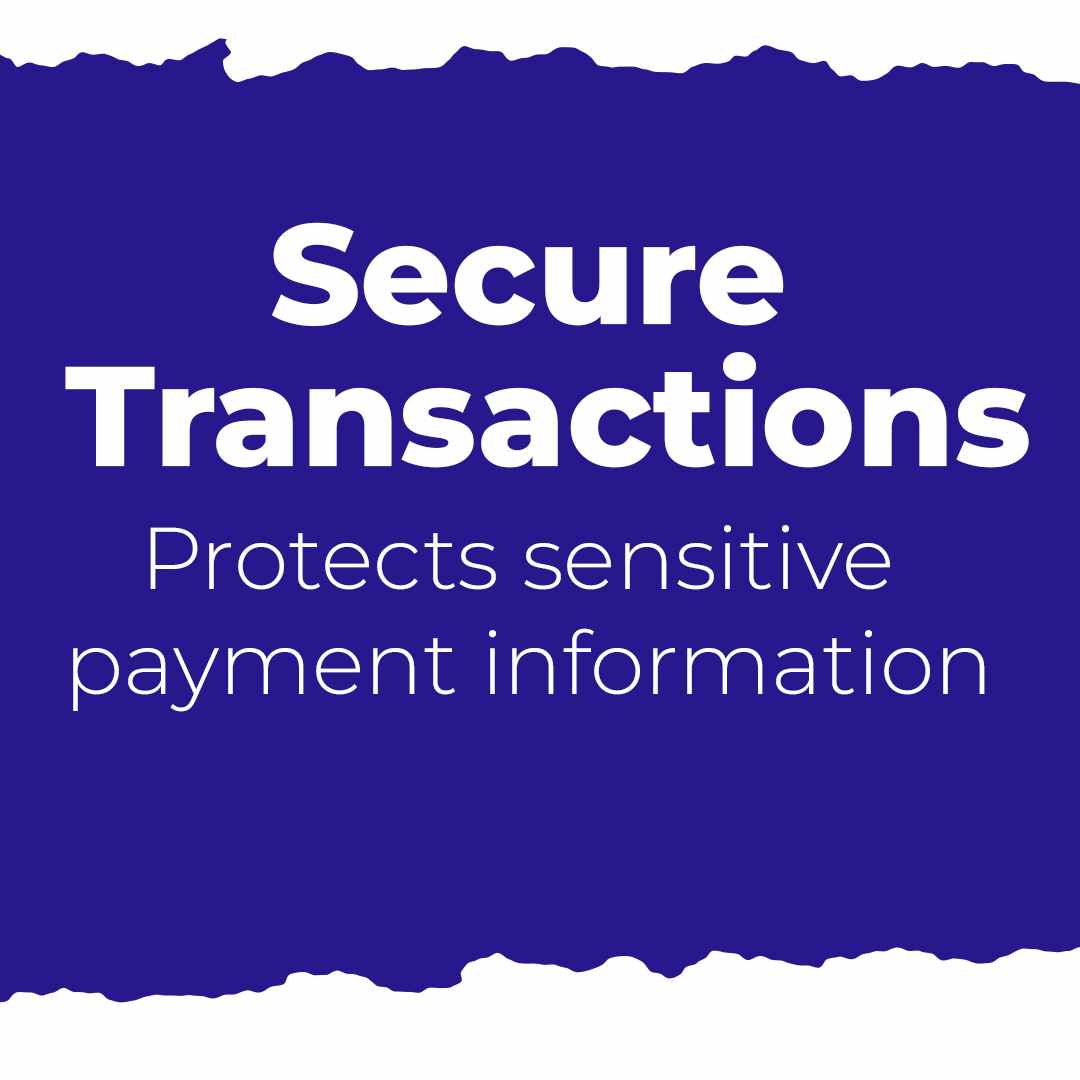
Understanding the Top 4 Cyber Threat Protections
Top 4 Cyber Threat Protections: In today’s digital landscape, businesses—gaming in particular—face serious cyber threats such as ransomware, phishing, and identity theft. Companies need to be aware of these threats in order to have strong security measures in location, such as reliable software, staff training, and frequent audits.
Types of Cyber Threats and Top 4 Cyber Threat Protections
1. Phishing Attacks
Phishing is one of the most common kinds of internet threats. To get credit card details and other personal information, cybercriminals send fake emails or texts while pretending to be trusted companies.
2. Ransomware
Ransomware attacks involve cybercriminals encrypting a company’s data and demanding payment to unlock it. These attacks could seriously impair company operations and result in large losses.
3. DDoS (Distributed Denial of Service) Attacks
These assaults cause a website or service to crash by overloading the business’s server with excessive traffic. This is especially harmful to gaming systems that are reliant on continuous connectivity.
4. Identity Theft
Identity theft can result in phoney transactions, the manipulation of personal information, and a decline in consumer trust in businesses and gaming platforms.
How to Protect Your Business and Gaming Platforms?
Protect your business and gaming platforms from cyber threats with strong passwords, software updates, and firewalls. Teach your team about phishing and encrypting sensitive data. Back up data and do security audits to find vulnerabilities and strengthen defenses.
Cyber Threats in the Gaming Industry
Because the gaming sector handles so much personal data, it has become a key target for cybercriminals. These are a few typical risks that are unique to gaming:
- Account Takeovers: Hackers gain control of user accounts, stealing in-game assets or personal information.
- Cheating Software: Malware disguised as cheat software can infect a user’s system, leading to data breaches or financial loss.
- In-Game Fraud: Scammers sell fake game items or manipulate in-game currency for profit.
How to Protect Your Business from Cyber Threats?
Top 4 Cyber Threat Protections:
1. Use Strong Security Software
Invest in comprehensive cybersecurity software that offers real-time threat detection, firewalls, and antivirus protection. By doing this, ransomware, phishing, and other malware assaults may be avoided.
2. Educate Employees
Training employees on best practices for cybersecurity is essential. They should be aware of phishing efforts and know how important it is to have secure passwords that are updated regularly.
3. Regular Security Audits
Regular security audits can assist in finding weaknesses in your network, which will make it simpler to fix concerns before they progress.
4. Multi-Factor Authentication (MFA)
By requiring a second form of identity, such as a code on a mobile device, along with to a password to access critical systems, multi-factor authentication adds an extra layer of security.
Key Agencies That Protect Businesses
- 1. Consumer Financial Protection Bureau (CFPB): The CFPB protects consumers from fraud and abuse in the financial sector. For businesses handling financial transactions, the CFPB provides resources for preventing fraud and complying with security regulations.
- 2. Federal Bureau of Investigation (FBI): The FBI plays a crucial role in investigating cybercrime. Businesses can report cyber attacks to the FBI, which has dedicated resources to track down and stop cybercriminals.
- 3. Federal Trade Commission (FTC): The FTC works to prevent deceptive practices and identity theft. They offer guidelines on data protection and can assist in situations where a business has been the victim of fraud or a data breach.
Steps for Gaming Platforms to Prevent Fraud and Scams
- Implement Anti-Fraud Measures: Use tools to monitor in-game transactions and flag suspicious activities.
- Secure Payment Gateways: Ensure that all payment transactions are encrypted and use trusted payment processors.
- Monitor User Behavior: Regularly review unusual account activity, such as large purchases or sudden changes in login locations.
- Provide Secure Account Recovery Options: Ensure users have a secure way to recover their accounts if they are compromised.
Conclusion:
Businesses and gaming platforms are getting more concerned about cyber risks but can be addressed efficiently with the right precautions. You can protect your business and clients from fraud, scams and cybercrime by staying up to date with the latest threats, making security investments, and working with agencies like FTC, FBI, and CFPB.
Top 4 Cyber Threat Protections












